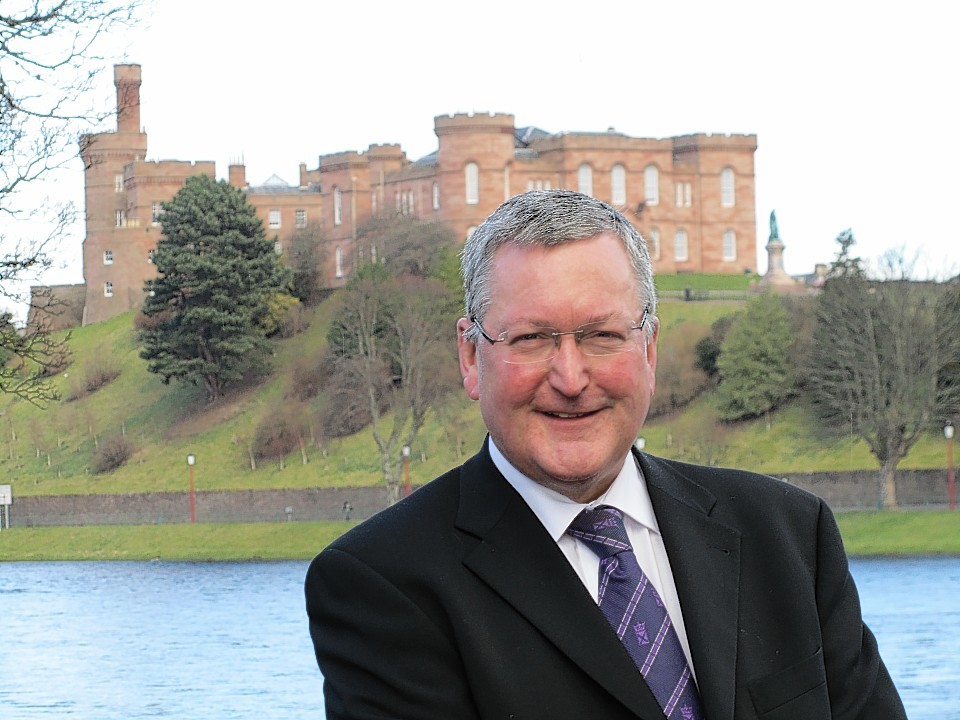Today, the Scottish Parliament will debate the future of Scotland’s oil and gas industry.
Next week, on March 18, the Chancellor has an opportunity to bring back confidence to the North Sea oil and gas regime.
As the Scottish Government Energy Minister over the last four years I have had the unique privilege of meeting a great many businesses in the sector – over one hundred.
It is one of the benefits of this Government not changing its Energy Minister every year, unlike at Westminster. Most recently I have met with a great many of the operators.
From these meetings it is absolutely clear to me that the industry is at a crossroads, where what is required from the budget above all is to win back investor confidence.
Last year leading oil expert, Professor Alex Kemp, and co-chair of the Industry Leadership Group, Melfort Campbell, and others produced a report on what is required on tax.
They identified that the North Sea must be competitive internationally.
We compete for investment with other basins all over the world. Right now we are not competitive because both costs and tax are too high.
To win back confidence on taxation two things are needed. First a substantial package of tax reductions.
Second, a commitment to stability and a predicable tax regime, with future changes made in full consultation with the industry.
The underlying problem here is that the UK Government have used the industry as a cash cow.
In 2002 Gordon Brown brought in the Supplementary Charge at 10% then increased it to 20% in 2005. In 2011 the present UK Government hiked it to 32%
The damage this has caused to long term investor confidence is enormous, with strategic decisions to reinvest in other basins taken specifically because of the 2011 hike – one for which Danny Alexander claimed the “credit.”
What is now needed is first a removal of that 2011 hike, second an investment allowance and third measures to bring back exploration to levels sufficient to maintain the basin in the long term.
Norway brought in exploration tax credits in 2005. That resulted in substantial increase in exploration in Norwegian waters, were there have been significant new discoveries such as the Johan Sverdrup field.
Its output alone is projected to outstrip the UK’s entire production by 2025 according to the FT.
However unless industry believe that this time that the measures will not suddenly change again – as happened in 2011 – they may simply refuse to invest.
What happened in 2011 was a serious breach of faith and one which will not readily be made good.
That tax hike meant of course that investment decisions – involving billions of pounds -were made on the basis of the tax rate of 50% but then the tax was hiked to 62%.
In business a deal should be a deal. But in oil and gas development, the UK Government has simply torn up the contracts and thus lost faith and trust.
We understand that the UK Government is not set to bring in any substantive tax measures to raise exploration drilling levels at the budget.
We gather there may be a possibility of some funding for seismic surveys – but no exploration tax credit.
Unless this changes before the Chancellor stands up on budget day this is a fundamental and major error on the UK governments part.
It is not too late for them to change tack – and I have argued they should do so at the industry’s PILOT meeting in January.
PILOT is the meeting which facilitates the partnership between the industry and government and January’s meeting was the most sombre I have ever attended.
But in addition to that, in future I believe that no major changes should be made to the tax regime without the industry first having been consulted and the changes considered analysed and modelled.
A similar approach is used in the Netherlands where industry and government regularly meet to ensure greater transparency of fiscal policy decisions and more effective stewardship of the industry and the oil reserves.
One of the major benefits of this approach is industry confidence in government decision making.
Only such a commitment will start to win back the confidence that was lost in 2011.
